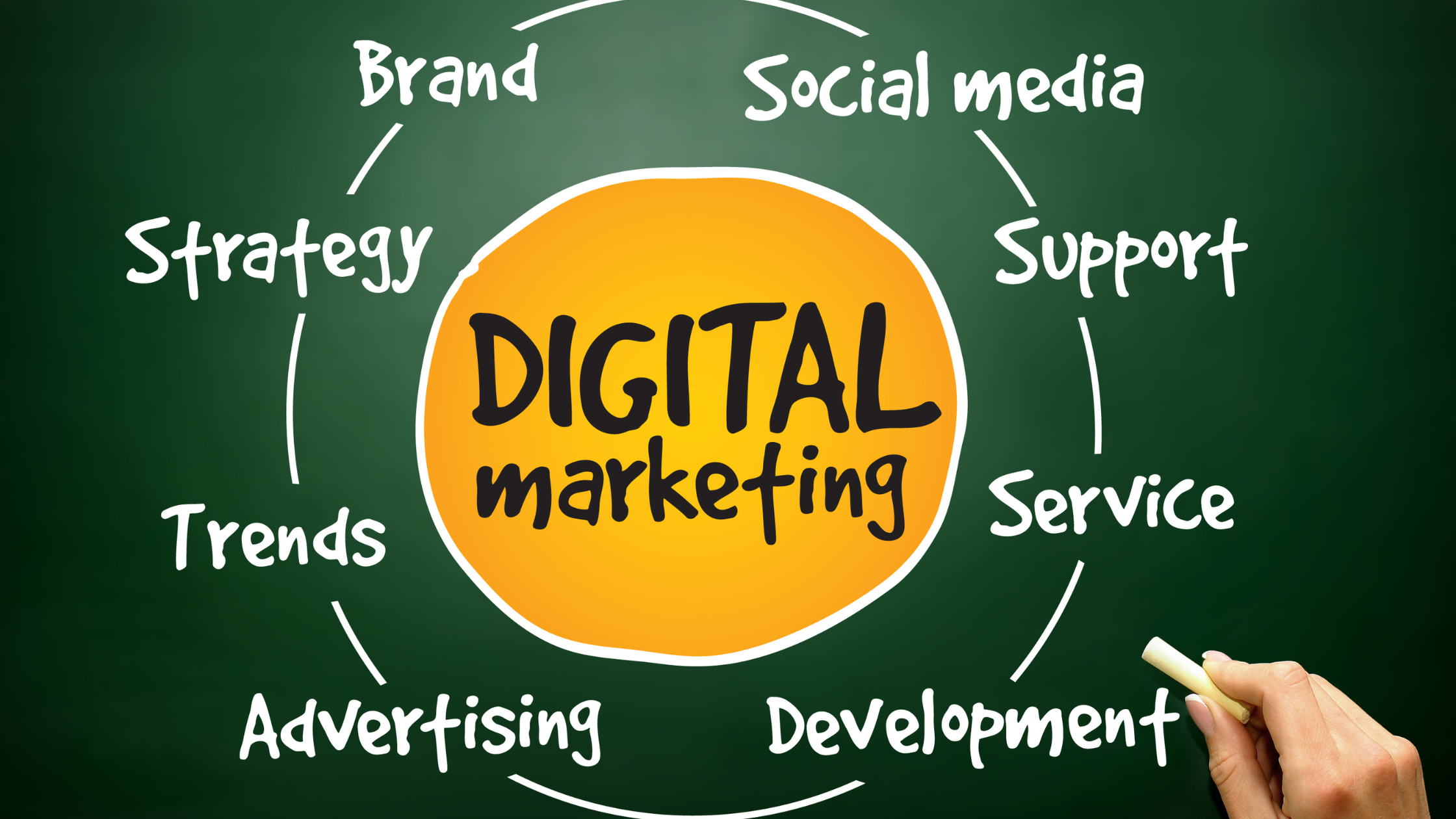This change is largely due to the ability of online digital marketplaces for merchants to reach a global audience and display their goods or services. Explore how the connectivity revolution broadened perspectives on markets, creating a global marketplace that is rich in diversity and choice.
The digital marketplaces are now identical and with an unrivaled level of ease. In this section, we examine how digital platforms have transformed the way consumers shop. Merchants also enjoy the ease of operating their businesses from any location.
Competition and Diversification
The digital marketplaces have a reputation for being diverse, as there are many different merchants and products available. This diversity provides consumers with many options, and it encourages competition between vendors to improve quality and innovation.
Service Aggregation
The digital marketplaces such as Vectorgi do more than show off products? they also aggregate services. Learn how this digital aggregation simplifies the customer experience, allowing them to compare and access offers in a single digital environment.
The Impact of Ratings and Reviews
Corporate evaluations and ratings can be game-changers in the context of a digital marketplace.
Ecosystems of E-Commerce
Digital markets have led to the development of a complete ecosystem of e-commerce, which includes payment gateways and logistical services. Marketing platforms are also included. Examine how these ecosystems can help streamline online shopping for both businesses and consumers.
New Business Models
Digital markets, from peer-to-peer exchanges to subscription services or sharing economy platforms have created new business models. This section explores the ways in which these new business models are challenging traditional retail and providing individuals with new opportunities to monetize assets or their skills.
Mobile Commerce Revolution
In the age of smartphones, digital marketplaces seamlessly migrate to mobile commerce. Learn how mobile apps allow users to make purchases on the move, in line with changing consumer preferences.
Challenges and Insights Based on Data
The digitalization of marketplaces provides deep insight into market and customer trends. Analyze the impact of this data driven strategy on customer customization, price optimization and customer experience. Investigate the privacy, cyber security, and competition issues that are driving regulatory change.
In summary, digital transformation represents much more than just a shift in the way we do business. It is an entire revolution. Digital marketplaces are having a greater impact on the global economy, consumer behavior, and innovation. It’s not an option to embrace this transformative wave for anyone navigating modern commerce’s ever-changing currents? it is a necessity.
Online marketplaces are the basis of modern commerce, offering unmatched convenience and global access. The blog examines the factors that led to their rise and how they will impact the future of business.
Global reach of digital marketplaces
One of the most important achievements of Internet markets is their ability to transcend geographical boundaries. A seller can present his or her products and services globally, like Mobile skin templates . This allows them to reach a wider market. Globalization has benefited not only firms, but consumers as well.
Accessibility and Ease of Use
Digital marketplaces are revolutionizing the marketplace industry because of their ease. The digital marketplace revolution is based on how easy it is for customers to compare products, browse, and buy them from their home or even while they are traveling. Merchants can manage their businesses more effectively remotely by eliminating physical storefronts. This creates a flexible and adaptable company model.
Variety of Products and Competitiveness
The digital marketplace is based on diversity, with a wide range of products and services. The variety of products and services not only offers buyers many options, but it also promotes healthy competition between sellers.
Combination of Service
Some internet marketplaces are more than just places to buy things. They also offer services. The aggregation of services streamlines customer experiences by allowing them to compare and browse products without having to navigate through multiple websites or locations. The convenience of being able to access multiple services from one location enhances the overall buying experience.
Ratings by Users
Integration of user ratings and reviews is crucial to digital market success. Consumers can gain valuable information from these features based on other people’s experiences. The digital marketplace is more transparent and trustworthy as buyers can make informed decisions.
Ecosystems of E-Commerce
E-commerce ecosystems are a result of digitalization. These ecosystems include payment gateways, marketing platforms, and shipping services. They support and improve the online shopping experience. These parts interconnect to create a smooth and efficient infrastructure for consumers and enterprises.
New business models
The digital market has facilitated new, innovative business models. From peer-to-peer transactions to subscription services to sharing economy platforms, these approaches challenge the traditional retail structure and provide new ways for people to monetize assets and abilities. The transformative effect fosters an evolving marketplace, which goes beyond buying and selling.
M-commerce (Mobile Commerce)
With the proliferation of smartphones, digital marketplaces are easily migrated to mobile commerce. Consumers can shop online using mobile apps, which makes transactions easier and faster. Mobile-first is in line with changing consumer demands, who are increasingly looking for simplicity and convenience when shopping.
Insights and Obstacles
Data analytics is used by digital marketplaces to gain essential insight into the consumer’s preferences and behavior. This data-driven approach allows businesses to adjust offers, improve pricing, and enhance the overall consumer experience. The rise of digital markets has raised new questions about fairness, privacy and cybersecurity. In response to this concern, governments and regulatory agencies create a balanced and safe environment for consumers and businesses.
Last Thoughts
In summary, the introduction of internet markets represents a major turning point in history. It has profoundly transformed how people buy and sell. These platforms are expected to have a greater impact on the global economy, consumer behavior, and innovation as they evolve. The digital revolution is not just another trend, but a major shift in business dynamics.
